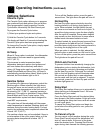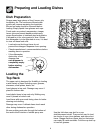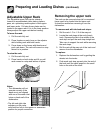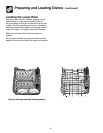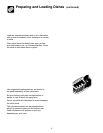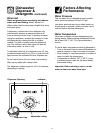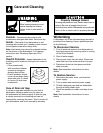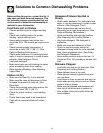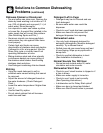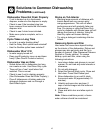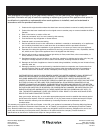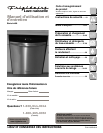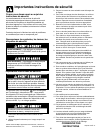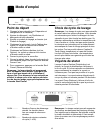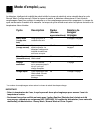
13
Solutions to Common Dishwashing Problems
Glassware/Flatware Spotted or
Cloudy
• Check water hardness. For extremely hard
water, it may be necessary to install a water
softener. (See Detergent Chart.)
• Water temperature may be low. Avoid
extremely low or high temperatures. (See
Factors Affecting Performance.)
• Avoid overloading and improper loading.
(See Preparing and Loading Dishes.)
• Use fresh detergent. Old detergent is
ineffective.
• Make sure rinse aid dispenser is filled.
• Check to see that proper amount of
detergent is being used for cycle selected.
Also, check phosphate level. (See Filling
the Detergent Dispenser.)
• Home water pressure may be too low—it
should be 20 to 120 pounds per square inch
(psi).
Dishware Chipped
• Load with care and do not overload. (See
Preparing and Loading Dishes.)
• Place delicate items in top rack.
• Place glasses securely against tines and
not over tines.
• Load items so they are secure and don’t jar
loose when moving racks in and out. Move
racks in and out slowly.
• Make sure tall glasses and stemware will
clear top of tub when rack is pushed in.
• Fine antique china and crystal should be
hand-washed.
Before calling for service, review this list. It
may save you both time and expense. This
list includes common experiences that are
not the result of defective workmanship or
material in your dishwasher.
Food Soils Left on Dishes
• Choose another cycle for longer washing
time.
• Check rack loading section for proper
loading—avoid nesting items.
• Home water pressure may be too low—
should be 20 to 120 pounds per square inch
(psi).
• Check incoming water temperature. It
should be at least 120° F (49° C). (See
Factors Affecting Performance.)
• Check water hardness. For extremely hard
water, it may be necessary to install a water
softener. (See Detergent Chart.)
• Use fresh detergent.
• Make sure items are not blocking the spray
arms, preventing them from rotating.
• Rack Adjusters/Docking. (See Adjusting
Upper Rack.)
Dishes not Dry
• Make sure No Heat Dry is not selected.
• Make sure the rinse aid dispenser is filled.
• Increase the amount of rinse aid. (See
Rinse Aid.)
• Check the incoming water temperature. Be
sure it is at least 120° F (49° C).
• Check for proper loading—avoid nesting
items.
• Plastic items may need to be towel dried.
• Cups with a concave bottom will collect
water.



